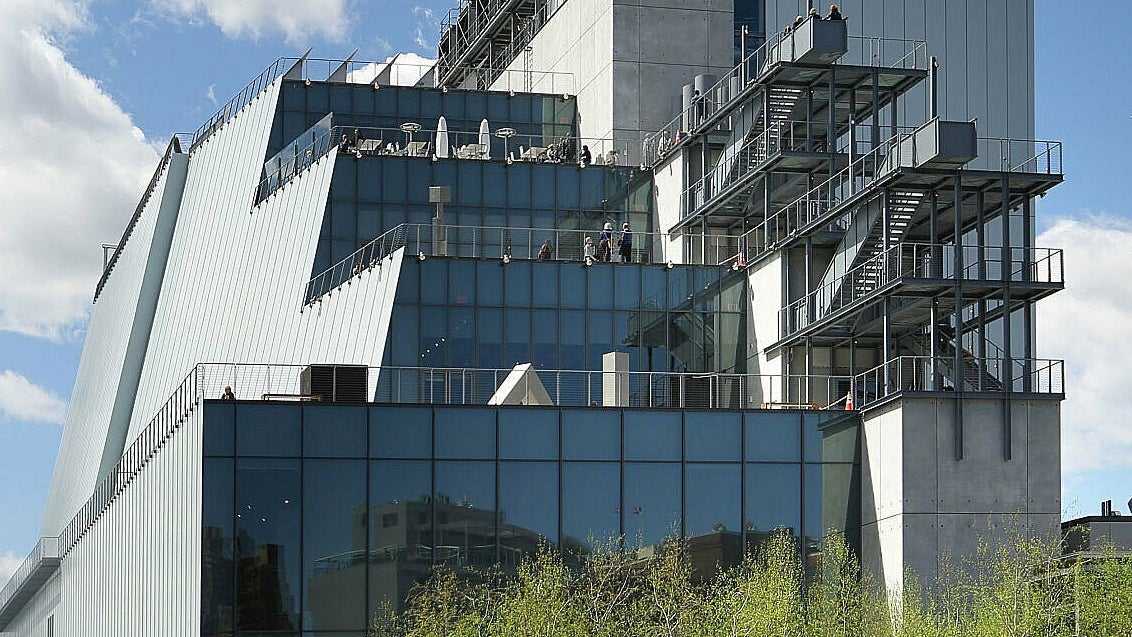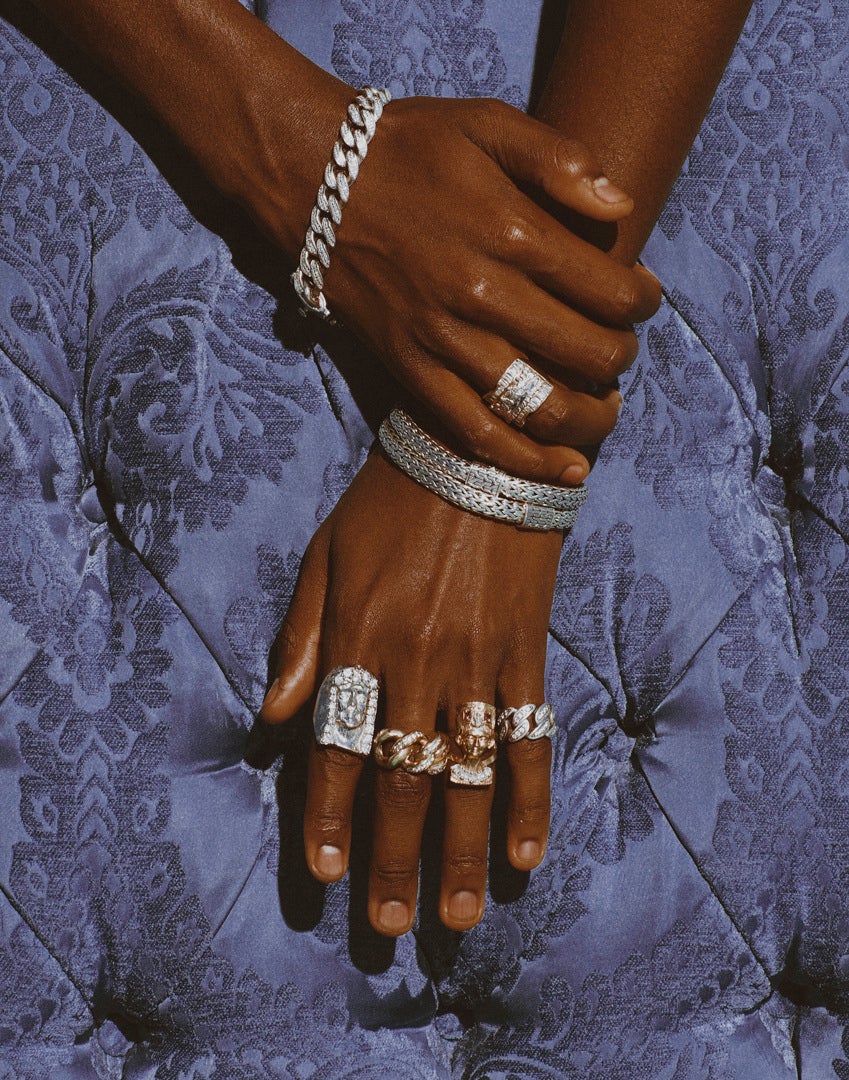
According to an announcement on Sunday August 23, the Whitney Museum was set to open a new exhibition on September 17 called, “Collective Actions: Artist Interventions in a Time of Change.” The purpose of the showcase was to assemble, “prints, photographs, posters, and digital files that have been created this year in response to the COVID-19 pandemic and the Black Lives Matter movement” as stated in a now-deleted press release.
When news of the exhibition spread — including to social media — it came to the attention of the public that much of the art that would be displayed was not only acquired at a severely discounted price via sales for charity, but the permission of many of the artists was not granted, some having found out about the Whitney’s objectives on Monday, August 24.
This led to a subsequent outcry by artists and critics in creative and media spaces, which resulted in the Whitney’s “temporary cancellation” of the exhibition by the Tuesday, August 25.
See In Black, the collective of Black photographers “who uplift and invest in Black visibility,” according to the mission stated on their website, organized a two-week sale in June and July, whereby many of the creatives and photographers had made their work available for $100 a piece with 100% of proceeds going to Black communities.
Responding to the outcry, the collective released a statement to their Twitter on August 25 stating that the Whitney Museum’s actions “constitute unauthorized use of the works to which the artists do not consent and for which the artists were not compensated.”
A spokesperson for the Whitney Museum issued a statement to ESSENCE by Farris Wahbeh, the exhibition’s curator, stating that, “My sincere hope in collecting them was to build on a historical record of how artists directly engage the important issues of their time. Going forward, we will study and consider further how we can better collect and exhibit artworks and related material that are made and distributed through these channels. I understand how projects in the past several months have a special resonance and I sincerely want to extend my apologies for any pain that the exhibition has caused.”
In the statement, Wahbeh also noted that, “The conversations and discussions that have come out of the exhibition are deeply felt. We apologize for the anger and frustration the exhibition has caused,” and then referred to the museum’s consequential cancellation of the show.
In an interview with the New York Times, one of the artists, Dana Scruggs, who’s photographed celebrities Diddy and Michaela Coel for ESSENCE, pushed back on the Whitney’s course of action saying, “Instead of canceling, they should actually pay us for the full price of our work and hold the exhibition instead of cowering in the face of everyone calling them out.”
Referencing to this quote when reaching out to Whitney Museum, the spokesperson told ESSENCE that, “We are studying this question but are not able to comment on this at this stage.”
While some artists may anticipate further action on the museum’s part to make up for their failures in this incident, others are fatigued with the entire episode. When reached for comment, photographer Miranda Barnes said, “I am mentally tapped from it all. What I will say is that I want to believe that the Whitney, based on the email, had initially good intentions for the exhibition but from start to finish it was handled so poorly.”
Kovie Biakolo (@koviebiakolo) is a writer, editor, and multiculturalism scholar specializing in culture and identity.

